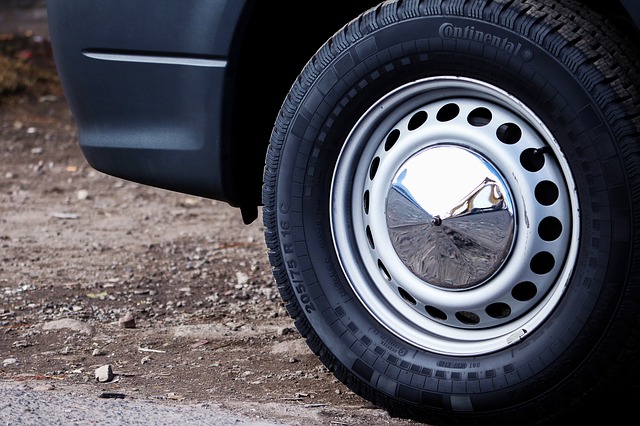Driving company vehicles is often an essential task for contractors. But vehicles wear down over time, so it is important to take preventative measures, because breakdowns will happen when you least expect them. Read on for some helpful care tips for your vehicles.
Fleet Maintenance Tips
Avoid costly repairs by scheduling regular maintenance for your vehicles. Here are some common maintenance operations you should schedule:
-
Brake inspections
-
Oil changes
-
Tire pressure checks
-
Alignment checks
-
Regularly check your coolant. The chemicals in the coolant that prevent corrosion may not be functioning effectively
-
Change your fuel filter every 2 years or 24,000 miles
-
Rotate your tires every 5,000 miles
-
Do not ignore any engine or warning lights
-
Regularly clean your tail/head lights as well as your windshield
Business Automotive Safety Tips
Accidents normally happen when you least expect them. You can minimize their impact by preparing to properly handle the situation ahead of time.
-
Always have a spare tire.
-
Have an emergency kit in the trunk. This kit should include jumper cables, a flashlight, batteries, a first aid kit, a car jack, reflective cones or markers, a blanket, and a tool kit.
-
If you are involved in an accident involving a collision, first make sure that everyone involved is without injury. Then clear your cars from traffic. If your tire has blown out, it’s okay to drive on the rim until you are in a safe place.
-
If your car is in a safe area, be wary of strangers coming to assist you, keep your doors locked and only crack your window.
Tips for Better Fuel Economy
If your business needs require you or your employees to drive, paying less for fuel should be a cost-saving goal to shoot for.
-
Slow down – accelerating and braking gradually lessens fuel consumption over time.
-
Make sure your tires are properly inflated.
-
Clean your car. Extra items in the trunk or mud on the undercarriage can cause extra weight and worse fuel efficiency.
-
Maintain your engine with regular maintenance when you get an oil change.
-
Fill up your tank when it’s three-quarters empty and fill it all the way at one time.
-
Drive less if you can. Combine errands and go to the furthest trip first and make your way back.
-
Use your A/C when you’re on the highway. But leave it off if you’re in the city or in traffic and open a window instead.
Tips for Using Trailers Safely
Trailers can be a hazard to yourself and other drivers. Do your research before you get on the road with one.
-
Invest in a weight distributing hitch.
-
Check that your trailer lights, brake lights, and turn signals work properly for your trailer.
-
Load the heaviest items first, distributing them evenly, and securing them sufficiently with ropes and ties.
-
Make sure your load is properly balanced side to side and try to keep the center of gravity low and towards the front.
-
Ensure that the trailer and its cargo do not weigh more than the vehicle, especially if the vehicle does not have brakes equipped to handle the excess weight.
-
Practice driving with the trailer before you embark on a trip and remember that the trailer goes the opposite direction when backing up.
-
Do not brake heavily when driving with cargo.
If your business vehicle breaks down, your business could break down as well. It is easier and cheaper to maintain your engine and your car rather than having to deal with problem after problem as it breaks down due to lack of care. You are ultimately the first and last line of defense for your vehicles. As a business that uses vehicles, you will also encounter problems that you can’t control. Explore your commercial auto insurance options to protect your business from the unexpected.



